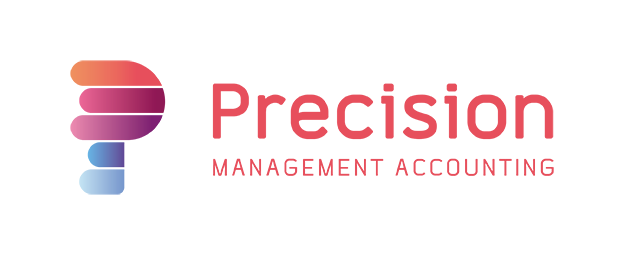I agree that it can be exhausting having to constantly learn new things. However, the technology and innovation boom is not over and the rate at which things change is only going to increase.
Look at the advancement in smartphones and app development in your day-to-day personal life and how these tools are being used. Sometimes in the SME space, it is hard to see that there have also been huge developments in the accounting and business sector as well.
Those organisations which are excelling and succeeding are adapting and changing to the technological environment. For some, this means investing in new technologies to help them operate more efficiently, reduce costs or to deliver higher quality results to customers.
It started with internet banking...
Internet banking is a good example where new technologies are forced upon us as users. As customers, we are issued new cards dongles and apps along with a new set of instructions on how to use them.
Although we complain about having to learn these new items, they have been purposely developed to help:
- Increase security by creating transparency and electronic audit trails
- Improve efficiency by using electronic workflows and documents
- Enable access to banking information at all times
... then mobile phones...
Someone can happily use a mobile phone that is 5 years old. However, if your mobile phone is 10 years old then you can guarantee that you are missing out on useful features and functions.
WHAT DOES THIS MEAN FOR BUSINESS?
2016 should be the year where you take the time to objectively review your systems and processes to identify where improvements should be made.
For some organisations, adopting new technologies could be the difference between surviving and thriving this year.
That's the way we've always done it...
A good indication that you are not using appropriate technology that best suits your needs is if you have not reviewed your process in more than 5 years, if at all.
Start asking why things are done to start mapping processes and information flows. Is "that's the way we've always done it" resulting in:
- Heavy reliance on spreadsheets
- Time delays in gathering information and reporting
- Manual data entry and hard copy documents
- Duplication of data entry into systems
- Weak internal controls
WOULDN'T IT BE NICE IF...
It's time to put a positive spin on change and technology to improve inefficiencies, reduce costs and to deliver better outcomes for your customers.
For example, wouldn't it be nice if...
- We didn't have to rely on spreadsheets - information would be instant
- The different systems spoke to each other - this would improve system accuracy
- Data didn't have to be manually entered into systems - this would save time
- Hard copy paper documents could be reduced - this would improve internal controls
- Critical information could be obtained instantly from systems- this would improve decision making
Now in 2016, there is a 99% chance that a solution to your problem has already been developed and is in use at other organisations.
Where to from here?
Take these advancements in technology and innovation as an opportunity to improve how you run your front and back of house operations. It's important that organisations start planning for their future instead of having knee jerk reactions to the current environment.
Is your organisation going to adapt, learn, change... and ultimately survive in 2016?
Contact Precision Management Accounting to discuss how you can review your systems and processes to make a positive change in your organisation.



